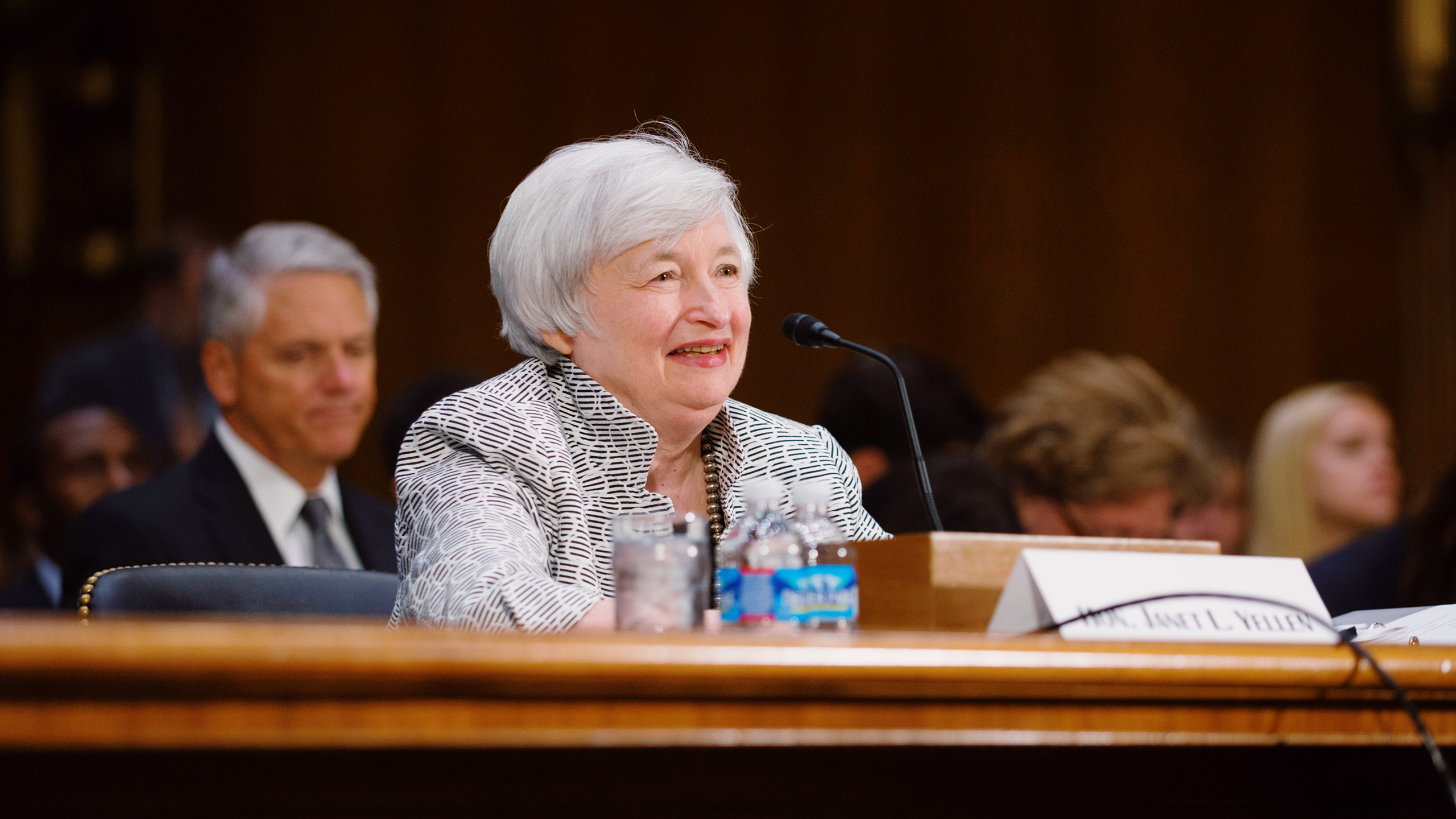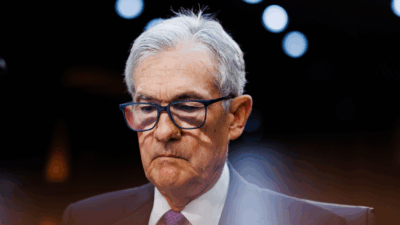US Growth to Lap G7 Peers, IMF Predicts
The US economy will grow twice as fast as any of its major Western peers this year.
Sign up for smart news, insights, and analysis on the biggest financial stories of the day.
The informal grouping of seven advanced economies known as the G7 has one clear standout in the eyes of the International Monetary Fund.
On Tuesday, the United Nations financial agency published its latest annual World Economic Outlook, projecting among other things that the US economy this year will grow twice as fast as any of its peers that comprise the G7.
Double Trouble
Either because of or despite inflation, Americans just can’t stop spending. Commerce Department data on Monday showed that the value of retail sales in March increased by 0.7%, higher than most estimates. Meanwhile, Bureau of Labor Statistics data earlier this month showed that the US economy added more jobs in March than any other month in the past year. The figures align neatly with the IMF’s growth projections for the US this year of 2.7%. By comparison, Canada’s economy is expected to grow by 1.2%, the next highest of any G7 country.
Translation: The US economy is running pretty hot — hot enough to power overall global growth, the IMF says. Unless, of course, it runs too hot to tame inflation:
- The IMF also revised its inflation expectations for the US this year, from 2.4% to a slightly less rosy 2.9% — higher than the 2.4% projection for the eurozone. And while the IMF’s baseline expectation is still for the Fed to conduct three quarter-point cuts to interest rates this year, IMF chief economist Pierre-Olivier Gourinchas told the Financial Times that could change.
- The prospect of higher-for-longer rates is rippling through international markets. India’s rupee fell to a record low value against the dollar on Tuesday, while the Stoxx Europe 600 index fell 1.5%, its biggest single-day drop since last summer.
“The primary risk there is the extent to which central banks, particularly in the US […] may in fact not end up delivering the cuts,” Fabio Natalucci, deputy director of the IMF’s Monetary and Capital Markets Department, told Reuters.
Red All Over: The US isn’t the only country feeling its oats this week. On Tuesday, officials in Beijing announced China’s first-quarter GDP increased 5.3%, besting most expectations, and driven in part by strong export figures. But to the IMF, that’s a problem: Rising anxiety over cheap Chinese exported goods could bring tariffs and trade restrictions, possibly stifling global growth. Maybe China-based Temu shouldn’t have been so bold with all those Super Bowl ads.












